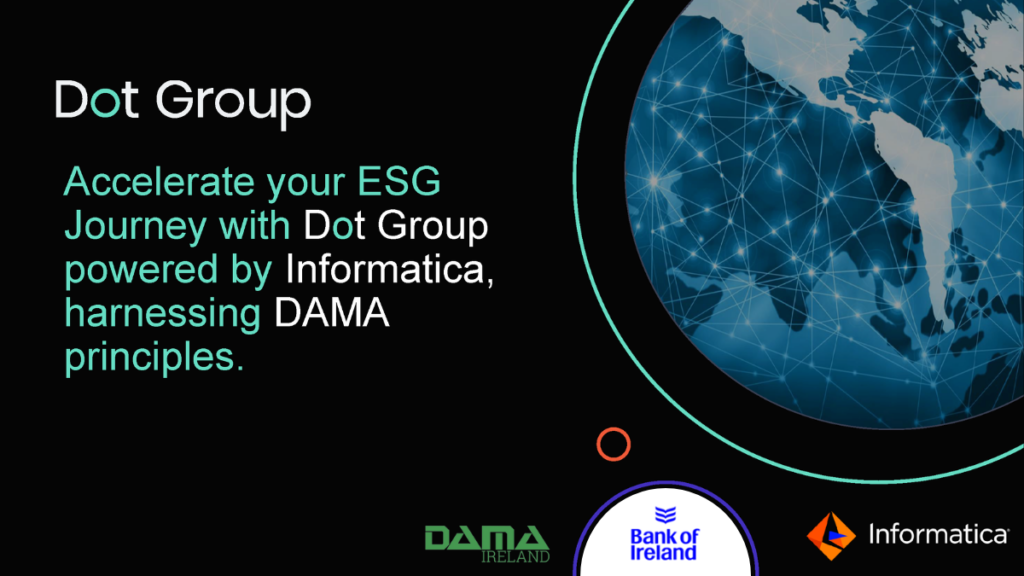
by Ian Currie, Dot Group
ESG – environment, social and governance – is the collective term for a business’s impact on the environment and society. It is about responsibility, treating people, wherever they are, positively and fairly, and it is about minimising the business’s impact on the environment.
Consumers increasingly take an interest in a company’s environmental and social performance when making buying decisions. Investors, too, are keenly aware of the reputational risk of poor performance in environmental and social issues and will shy away from any business that cannot demonstrate that it actively puts good policies into action.
Governance has entered the matter because, increasingly, there is legislation for businesses to be able to report on the impact they have on the communities and environments they touch. Added to the moral and reputational imperatives, ESG must be not just tackled but embraced, celebrating the advantages it brings.
The question is how to tackle the issue; how to ensure you are meeting the obligations to report on policies and progress, both to meet legislation and to ensure that all your stakeholders understand what you are doing and why.
The solution lies in data. Your business almost certainly has all the information in its systems, even though it may not yet be in the right form. At Dot Group we work with Informatica, the leading enterprise data management provider. Informatica is cloud-native software, and now incorporates Claire, an artificial intelligence engine designed to get the real value out of data analytics.
Powered by Informatica, Dot takes a three-phase approach to ESG: discovery; planning; and optimising.
As in any consultancy, the first step is to define your data strategy objectives, including where ESG sits in the information flow. That discovery stage continues to understand the nature of the ESG challenges you face, and the requirements for reporting. Inevitably, it will also gain an understanding of the current state of ESG readiness in the business.
Armed with a strategic direction and a solid starting point, the second phase maps ESG requirements to data management capabilities, to develop the new analytics model. From there, define a detailed ESG management, analytics and reporting plan, then implement it using Informatica software.
Once online, the system should generate both formal reports and a clear understanding of targets and progress that can be used more informally, in everything from press statements to social media. The goal is to show that you are a leader in environmental and social issues, while reassuring customers that this does not impact prices or product quality, and reassuring shareholders that best practices are also profitable practices.
Environmental and societal issues are continually evolving, and so the third phase of any implementation must be continual development, refining analyses and optimising information flows. The stable data model also invites “what if” investigations, allowing you to see investigate in detail the effect at every level on changes in practice, in supply lines, in legislation and any other factor.
If you regard ESG as just another burden on business management, then that is what it will become. But consider it just another way to use the data you already have in your company. If you make it an integral part of your data strategy, then ESG is certain to be an opportunity not a burden.
In June 2023, Dot Group, Informatica and DAMA Ireland hosted an exclusive, round table event to explore the data requirements of ESG reporting. For anyone who missed the event and would like to know more about what was discussed, you can request to download the presentation files using the following form:
